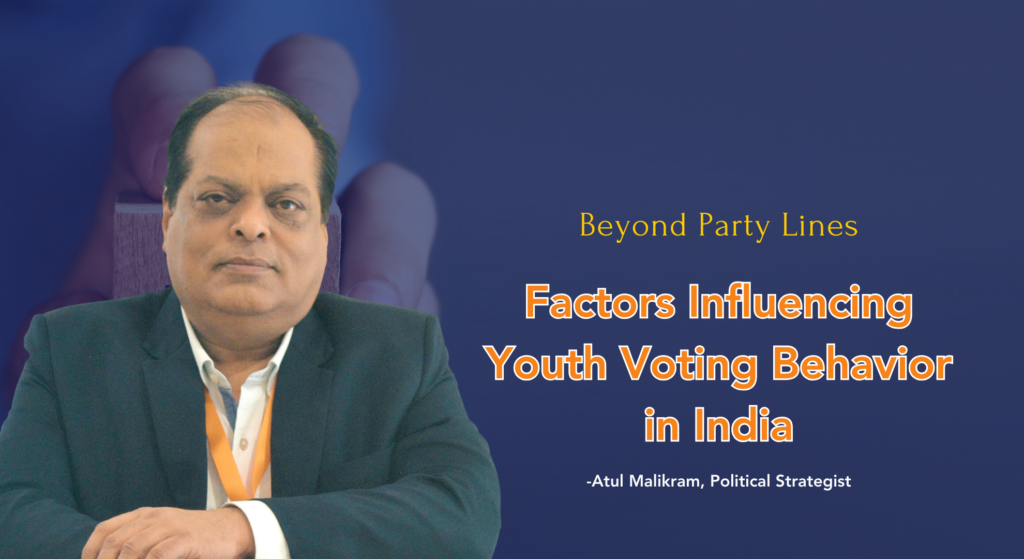In a world marked by increasing polarization and divisive political ideologies, the Bahá’í teachings provide a compelling framework for approaching electoral participation with integrity and a sense of collective responsibility. How can we transcend traditional party lines to cultivate a more inclusive political discourse? This inquiry challenges us to reflect on our engagement as citizens in a democratic society where consensus-building and unity are paramount. The Bahá’í perspective offers profound insights into navigating the complexities of contemporary political landscapes while emphasizing the spiritual and moral imperatives guiding our decisions.
The Bahá’í Faith, founded in the 19th century by Bahá’u’lláh, emphasizes the oneness of humanity and the importance of unity in diversity. It advocates for a shift away from partisan politics, encouraging individuals to prioritize the greater good over allegiance to a particular party. This perspective is crucial in understanding how to cast our votes not merely as an exercise of personal preference but as a reflection of our commitment to the welfare of society as a whole.
To appreciate how Bahá’í principles shape electoral participation, it is essential to examine the foundational tenets of the Faith. The concept of unity is central; it posits that division among humanity leads to conflict and suffering. In the realm of politics, this philosophy suggests that aligning ourselves predominantly with one political faction can exacerbate societal rifts. Instead, Bahá’ís are encouraged to evaluate candidates and policies based on their potential to foster unity and promote the common good. This approach calls for critical thinking, compassion, and a commitment to a higher standard of moral and ethical consideration.
Furthermore, Bahá’í teachings highlight the importance of consultation—a fundamental principle which urges individuals to engage in discussions that are characterized by respect, openness, and a sincere desire to understand differing viewpoints. Such deliberations can extend to electoral choices; rather than approaching elections as mere competitions between parties, Bahá’ís are called to engage in constructive dialogues that transcend the dichotomy of “us versus them.” This mindset not only cultivates a more holistic understanding of candidates’ platforms but also bridges gaps among diverse segments of society.
Another critical aspect of the Bahá’í perspective on voting is the promotion of informed and discerning choices. The Faith stresses the necessity of education and the pursuit of knowledge as vital components of responsible citizenship. Bahá’ís are encouraged to seek out accurate information about candidates and their policies, evaluating them through the lens of ethical principles rather than emotional rhetoric or party loyalty. This discernment empowers individuals to make choices that align with their values and vision for a just and equitable society.
However, venturing beyond party lines is not without its challenges. Societal norms often induce a sense of loyalty to political identities, making it daunting for individuals to approach elections with a detached perspective. The fear of social ostracism or sentiment of disenfranchisement can discourage critical engagement with differing ideas. How do we navigate these treacherous waters? The challenge lies in fostering a culture that values integrity over allegiance—a transformation that begins at the grassroots level.
Engaging in community activities, forums, and discussions that prioritize collective well-being can serve as instrumental avenues for nurturing this culture. When citizens come together to deliberate on pressing social issues, they can model the Bahá’í principle of consultation, creating environments where diverse perspectives are valued. Such collective efforts can instill a sense of accountability and purpose that transcends individual political identities.
The Bahá’í approach to voting also incorporates the notion of the “spiritual nature of man.” This principle serves as a reminder that political engagement should be infused with ethical considerations and a commitment to higher ideals. Voting becomes not merely a civic duty but a sacred act—an opportunity to participate in the unfolding of a just and peaceful society. This spiritual lens invites individuals to reflect on the long-term implications of their electoral choices, emphasizing the importance of prioritizing candidates whose values resonate with the Bahá’í commitment to justice, equity, and the welfare of all.
Integrating these teachings into one’s electoral practices holds the potential to transform the political landscape. It encourages voters to transcend the limiting beliefs associated with party loyalty and to recognize their responsibility in contributing to the health of democracy. By focusing on the greater good and engaging in dialogue with those of differing opinions, individuals can play an essential role in healing societal fractures.
The call to vote beyond party lines resonates deeply within the Bahá’í teachings. As the global community grapples with complexities, the emphasis on unity, consultation, informed decision-making, and ethical engagement continues to illuminate paths toward a more harmonious society. In voting, let us embody the spirit of universal brotherhood—actively seeking out opportunities to unify, educate, and uplift one another, irrespective of political allegiance. In a world fraught with division, the Bahá’í perspective reminds us that true progress is found only in our collective efforts to transcend the limitations of partisan politics and safeguard the wellbeing of all humanity.
